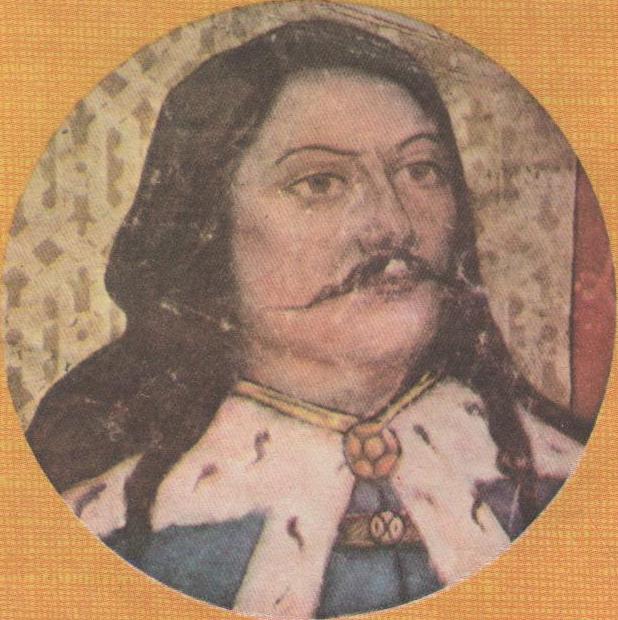
Mother Tongue or the choice of first language has been a sensitive topic over the past two centuries as regions, independent or not, have been divided on linguistic grounds. But languages are beasts that evolve over time. 1/11
Are You My Mother Tongue? laphamsquarterly.org/roundtable/are…
Are You My Mother Tongue? laphamsquarterly.org/roundtable/are…
However, there is one significant occasion when the people adopted a foreign language - When the Western Roman Empire collapsed and various Germanic tribes formed nations out of its former provinces, many of them adopted the language of Rome - Latin. 2/11 

But Latin evolved into different languages partly due to physical and political boundaries, while languages of German origin remain strong north of Rome's Danube-Rhine border and in Roman Britain. 3/11 

Interestingly, the Latin shift may have happened earlier as well, since the Latin speakers and non Latin speaking Etruscans, who dominated Italy before Rome was founded, have the same origins. 4/11
https://twitter.com/Arby_K/status/1442917076851589126?s=20
But can something similar have happened in South Asia where two completely unrelated language families co-exist in close enough quarters? Perhaps a PIE child language speaking community merged with Dravidian language speaking community and adopted the former's language? 5/11 

Curiously though, unlike Latin that evolved on boundaries, Sanskrit / Prakrit have seen a more homogeneous evolution despite a much more divided history than Europe. The region where Hindi is most spoken lacks the consistent historic borders like France or Spain. 6/11 

This prominence of Hindi in subcontinent, not just as first language, but also as second language in many Prakrit origin language regions, can be attributed to the role of the British, who likely actively promoted it for standardizing communication. 7/11
britannica.com/topic/Hindi-la…
britannica.com/topic/Hindi-la…
The role John Gilchrist played in making the Khariboli dialect of Hindi prominent is perhaps the strongest colonial legacy of the subcontinent. 8/11
livemint.com/Leisure/fCCqCT…
livemint.com/Leisure/fCCqCT…
Thankfully, the Constitution provides for India to develop Hindi in a way that "it may serve as a medium of expression for all the elements of the composite culture of India", to become a language that assimilates all languages of the subcontinent. 9/11
education.gov.in/en/article-351
education.gov.in/en/article-351
Years back, I had gone to a shop with friends, not long after my MBA in Ghaziabad, and asked for a bottle of Coke in Hindi. But then I realized I was not in Ghaziabad and asked in English. Somewhat embarrassed, I finally asked in Malayalam, since I was in Kochi at the time. 10/11
Fortunately, the shopkeeper knew all three languages and had no issue giving Coke at the first go.
A Hindi - Tamil hybrid language may not happen in the near future, but we can always learn multiple languages, like many of us in India do, except in certain communities. 11/11
A Hindi - Tamil hybrid language may not happen in the near future, but we can always learn multiple languages, like many of us in India do, except in certain communities. 11/11
• • •
Missing some Tweet in this thread? You can try to
force a refresh
















